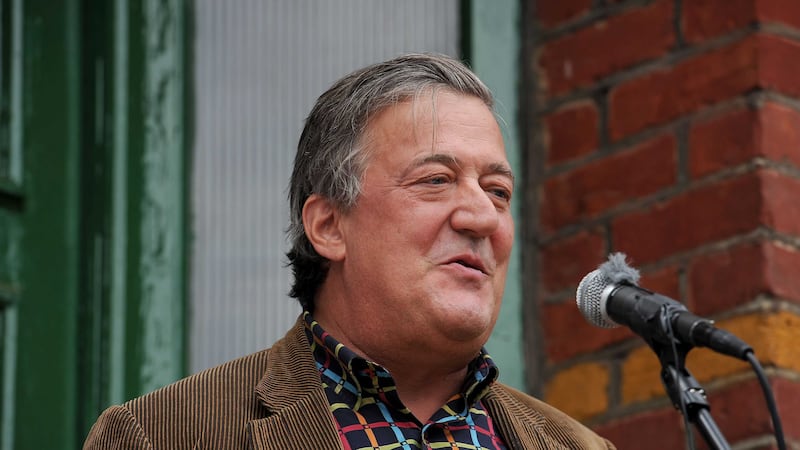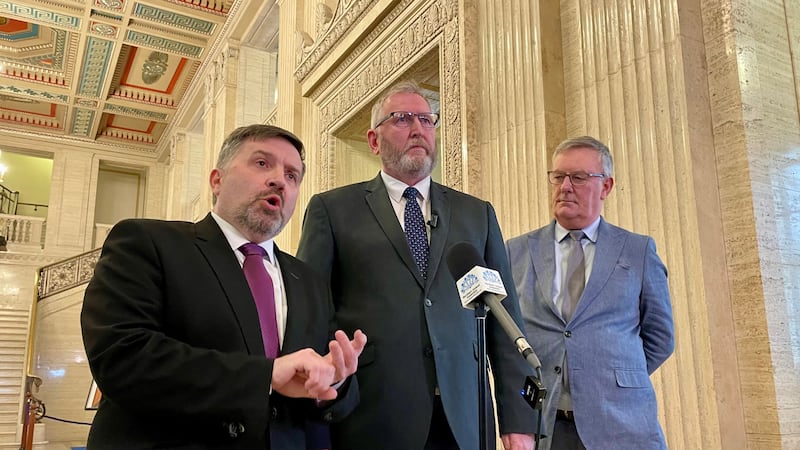THE Historical Institutional Abuse Inquiry, which is looking into the treatment of children in residential institutions between 1922 and 1995 in Northern Ireland, has just completed its thirteenth module.
Before it began many people in Northern Ireland would have been bemused to be told that as many as 13 separate institutions which society trusted with the care of its most vulnerable would be accused of cruelty that at times bordered on torture.
However, the litany of horror exposed by the public inquiry has shown how remarkably similar many of the experiences were in a wide range of children’s homes and hospitals.
Many of the children robbed of their innocence while being cared for by the state and religious orders were those most in need of the help of these ostensibly benign entities.
They often had the depressingly familiar `hard start in life’ and needed a safe harbour. Instead, predators, scenting weakness – weakness in the system, in the family unit, in their ability to fight back – gathered where they could exercise their sadism with impunity.
It is striking that what unifies the victims is a search for closure, a need to have the wrong done to them acknowledged and, ultimately, that it should never be repeated.
All witnesses were asked by the inquiry what kind of reparation they felt would be appropriate. Most have stressed they were not taking part to obtain money, but just an apology, or to look their tormentors in the eye as they recounted the experiences suffered at their hands.
I thought of those witnesses, all of whom found it difficult and painful to relive some of the darkest days of their lives, when I read what `British national treasure’ Stephen Fry had to say about abuse victims this week.
He took the bizarre decision to reference them to back up his argument during a discussion on US TV about free speech.
Fry is a famously avuncular presence on our television screens, chortling gently on panel shows and tootling about in various incongruous vehicles in the name of a travelogue.
He has won praise and sympathy too for publicly discussing his mental health problems.
However, he is no stranger to comments that seem at best waspish, at worst cruel, and certainly needless.
Six years ago a remark about women would have attracted more criticism were it not for the wellspring of goodwill his charming intellectual persona has built up over decades in the public eye.
“I feel sorry for straight men,” he said.
“The only reason women will have sex with them is that sex is the price they are willing to pay for a relationship with a man, which is what they want.”
There it was, a sweeping generalisation, presuming to know how women feel.
I understand that centuries, perhaps even millennia, of discrimination and disapprobation can lead to a certain militancy where a point is stretched in order to be made. But his whole pose as an urbane intellectual is designed to promote a sense that he is more subtle and insightful than that.
In this recent instance he was complaining that, in effect, that old chestnut of political correctness had “infantilised” free speech by engendering a culture of safe spaces and trigger warnings, most notably at universities in recent years.
However, for some reason Fry felt the need to drag child sex abuse victims into the argument.
“There are many great plays which contain rapes, and the word rape now is even considered a rape,” he told the host.
“If you say: `You can’t watch this play… because it’s got children being killed in it, it might trigger something when you were young that upset you once, because uncle touched you in a nasty place’, well I’m sorry.”
He said while such abuse is “a great shame”, victims “get some of my sympathy, but your self-pity gets none of my sympathy because self-pity is the ugliest emotion in humanity”.
“No one’s going to like you if you feel sorry for yourself… Just grow up.”
Following an outcry, Fry has apologised. But it is a shame that he can speak so articulately about his own troubles but apparently not empathise with those of others. His ill-judged comments sent out a message that the best defence of free speech is silencing the voices of others when they finally find the strength to speak their truth.
Let us hope there will continue to be safe spaces where they can do just that.








